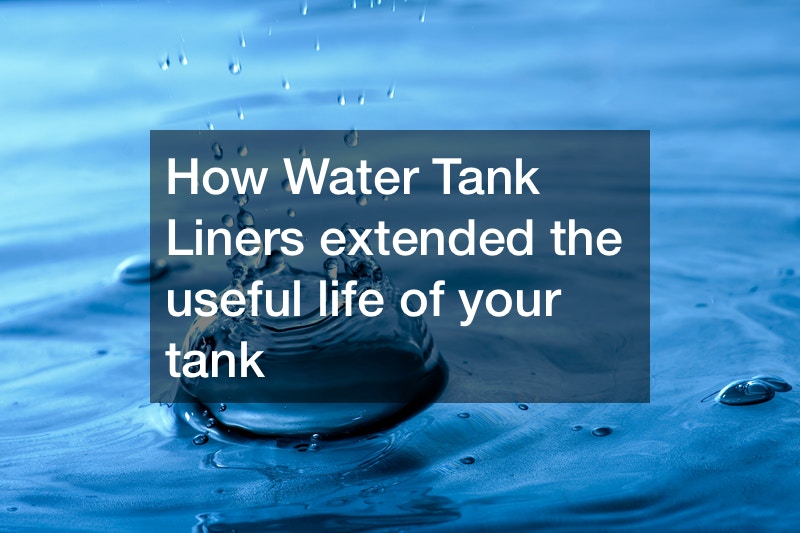

Whether you’ve noticed something unusual with your tap, stains on your clothes, odor or foul taste in your drinking water, these are just some possible indicators that you might have a water conditioning issue that needs to be addressed to avoid further health and plumbing problems. These indicators are mainly caused by the presence of hard water from your taps. This can be a menace to you and your family as well as your water-using appliances if no immediate action is taken.
Typically, for any water to be considered hard, it has to have a GPG of between 1-10, although, any water with more than 1 GPG is often considered hard. This type of water contains dissolved minerals from underground rocks, particularly carbonate, magnesium, calcium and manganese and they are ones that give water its undesirable hard characteristics. Solving this hard water problem can greatly improve the quality of water in your house keeping everyone and everything safe.
Your body comprises of about 60% water and science has proved that drinking enough water daily can help keep your skin look radiant and young. However, hard water does the exact opposite to your skin. Bathing in hard water will leave your skin dry and itchy due to the mineral deposits left behind, causing a skin condition known as eczema which is very common in children. For this reason, it is necessary to treat your household water systems to ensure a contaminant-free drinking and showering water.
One way you can turn water in your house safe for consumption
is through the use of a point-of-use household water softener systems. Finding best water softeners could make the difference between efficient water consumption and hefty water bills. Water softeners not only protect your water-using appliances but they also save you money budgeted on soaps and other detergents.
So what do you get from using water softeners? Well, first of all, you need to understand how exactly this home water treatment functions. As the name suggests, water softener softens the water by eliminating hard water properties caused by mineral salts and replacing them with softer minerals such as potassium or sodium. These minerals make the water safe to use and in fact, it eliminates traces of soap scum caused by hard water when cleaning. In addition, a water softener system will remove any mineral deposits caused by hard water enabling you to bathe and enjoy running house chores smoothly.
By far the most widely used household water softener is an ion-exchange, but you can also find some of the best water softeners in the market. These ion-exchange water softeners are made of two tanks. One that contains resin beads and another one filled with special brine. Typically, it works through substituting hard water causing minerals with sodium ions.
If you are cautious about salt composition in water, there are other best water softeners you could use. For instance, you could choose to use a salt-free water softener that makes use of potassium rather than sodium. Actually, this type of water softener doesn’t eliminate hard water minerals, instead, it prevents mineral deposits to form scales on your water plumbing system.
In conclusion, these two in home water purification systems will help you a great deal in solving hard water problems and keeping your family safe. But before choosing a water softener, make sure you do a self-water test to get a better understanding of its composition.
